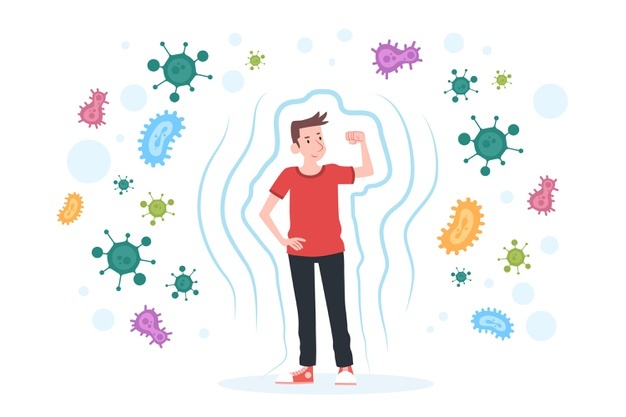journalofserviceclimatology.org – The immune system is the body’s defense mechanism against pathogens and diseases. It is a complex network of cells, tissues, and organs that work together to protect the body from harmful invaders such as viruses, bacteria, and fungi. Understanding how the immune system functions can help us appreciate its importance in maintaining health and how to support it effectively.
The Components of the Immune System
The immune system is divided into two main parts: the innate immune system and the adaptive immune system.
Innate Immune System
The innate immune system is the first line of defense and includes physical barriers like the skin and mucous membranes, as well as chemical barriers like stomach acid and enzymes in saliva. It also involves immune cells such as macrophages, dendritic cells, and neutrophils, which can quickly respond to infections.
Adaptive Immune System
The adaptive immune system is the second line of defense and is highly specialized. It includes B cells, T cells, and antibodies. Unlike the innate system, the adaptive system is capable of learning and remembering specific pathogens, which allows for a faster and more effective response upon subsequent exposures.
How the Immune System Works
When a pathogen invades the body, the immune system springs into action. Here’s a simplified overview of the process:
- Recognition: The immune system recognizes the pathogen as foreign through unique markers on its surface.
- Response: Immune cells are activated and begin to multiply. They release chemicals to attract more immune cells to the site of infection and to communicate with other cells.
- Attack: Immune cells directly attack the pathogen, engulfing and destroying it. Antibodies are produced to neutralize the pathogen’s harmful effects.
- Memory: Some immune cells remember the pathogen, providing immunity or a quicker response if the body encounters the same pathogen in the future.
Supporting Your Immune System
While the immune system is remarkably efficient, there are steps you can take to support its function:
- Nutrition: A balanced diet rich in vitamins and minerals, particularly vitamins C, D, and zinc, can help support immune health.
- Hydration: Drinking plenty of water helps maintain the health of immune system cells and flushes out toxins.
- Sleep: Adequate sleep is crucial for immune function, as many immune cells regenerate during sleep.
- Exercise: Regular physical activity can boost the circulation of immune cells and improve immune response.
- Stress Management: Chronic stress can suppress the immune response, so finding ways to manage stress is important.
- Hygiene: Good hygiene practices, such as washing hands regularly, can reduce the risk of infection.
Conclusion
The immune system is a vital component of our health, constantly working to protect us from a wide array of pathogens. By understanding its mechanisms and taking steps to support its function, we can enhance our body’s natural defenses and reduce the risk of illness. Remember, a strong immune system is the best defense against invaders.
